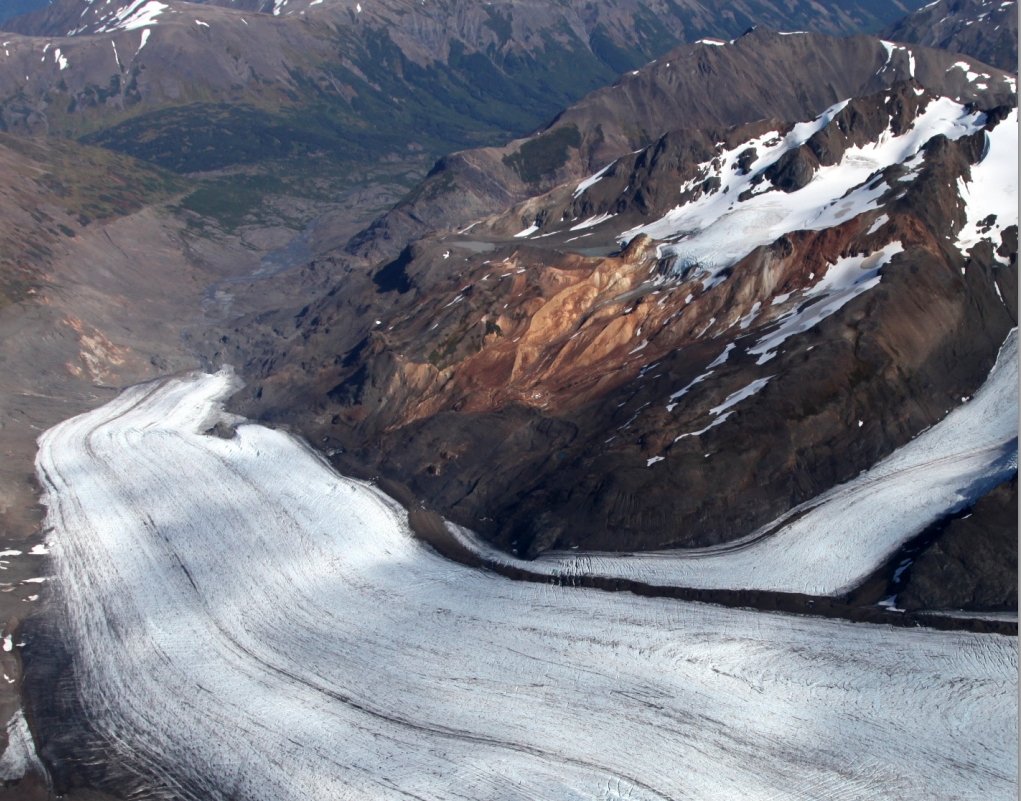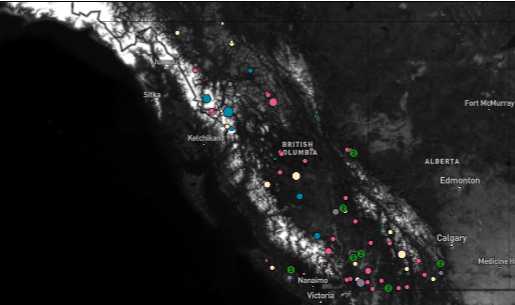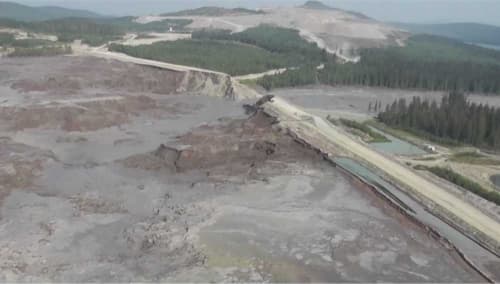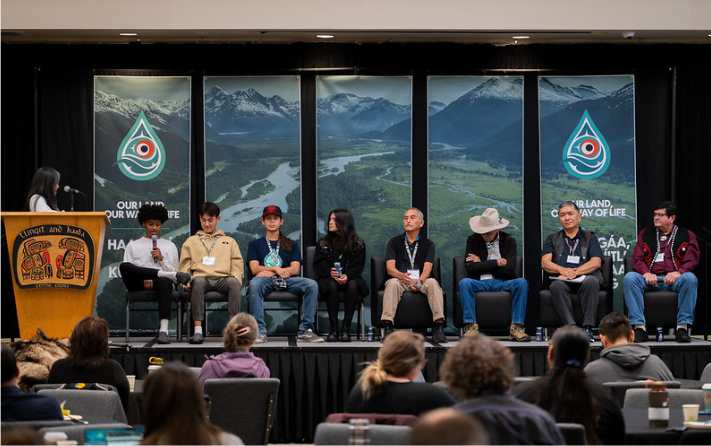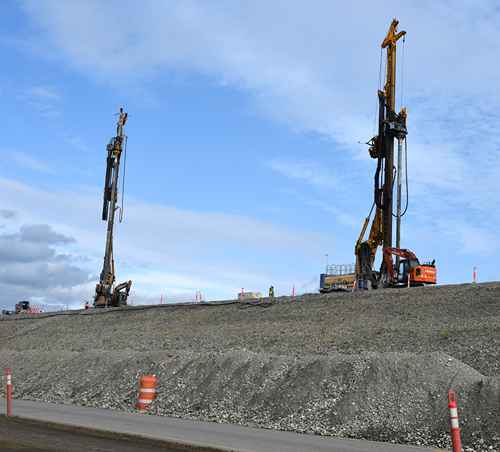Recently Alaskans watched horrific images from a tailings dam failure in British Columbia that released a flood of millions of gallons toxic water and sludge into an important watershed, just in advance of the salmon return. We witnessed the devastated landscape and heartbroken people facing terrible unknowns about the future of their communities, their food, and their livelihoods.
As our hearts go out to our neighbors, we realize the Mount Polley breach is an important wake-up call for us in Alaska. It reminds us of the awesome responsibility we have in managing our natural resources. Despite our best intentions, as Mount Polley vividly illustrates, things can and do go wrong.
Alaska has many examples of responsibly developed and managed mines—I live near two of them, Greens Creek and Kensington mines, and I am a strong proponent of this type of development. At the same time, the Mount Polley failure compels us to re-examine our own commitment to guarding against such catastrophe. Our clean water and fisheries are the lifeblood of our people and our state. We cannot afford to trade on them lightly.
Unfortunately, in recent years that commitment has been lacking. Governor Sean Parnell has not listened to the majority of the people of Bristol Bay, and indeed, the majority of Alaskans, on the Pebble issue, failing to even acknowledge the risks involved in such development and joining lawsuits with Canadian mining interests against the interests of Alaskans. This pattern of ignoring the voices of Alaskans is one of the reasons why I am running for governor.
More recently, Parnell has remained absent on efforts to ensure that mining development
on the Canadian side of the border does not adversely affect our nearly $1 billion a year
commercial, sport and subsistence fishery in Southeast. It is not difficult to see how problems at the Canadian KSM mine at the headwaters of the Unuk River east of Ketchikan, for example, could threaten our communities and fishermen downstream.
Months ago, Alaska’s congressional delegation raised concerns to the State Department about this very issue. That’s good leadership in Alaska’s interest. On the other hand, the State took no action. Even in the wake of the devastation at Mount Polley, Parnell has remained silent when he should be publicly demanding high-level review of KSM and other trans-boundary mines with his counterparts in the Canadian and provincial governments.
These are but the latest examples of the lack of leadership. In the last two sessions, Parnell introduced HB 77—legislation to weaken our natural resource permitting system, remove safeguards and gut the public process. Not only does such legislation call into question our state government’s commitment to responsible, balanced resource management, but its commitment to our constitutional rights as Alaskans. Perhaps the most disturbing and undemocratic aspect of HB77 was its attempt to silence Alaskans, to muffle the voices of those who would raise concerns and objections.
Alaskans deserve better. We must bring Alaskans’ voices back to the table. There is no more important task that the governor of Alaska is entrusted with than to facilitate the responsible management of resources, ensuring the maximum benefit to our people in terms of jobs, economic activity, abundant fish and wildlife, clean air and water, and protection of our unique Alaskan way of life.
As director of the Permanent Fund, entrusted with one of Alaskans’ most important financial assets, and as a mayor and as a CEO, I have wrestled firsthand with the challenging balance between risk and reward, the balance between thoughtful, responsible development and safeguarding our natural resources. I am deeply committed to ensuring such balance for all Alaskans.

